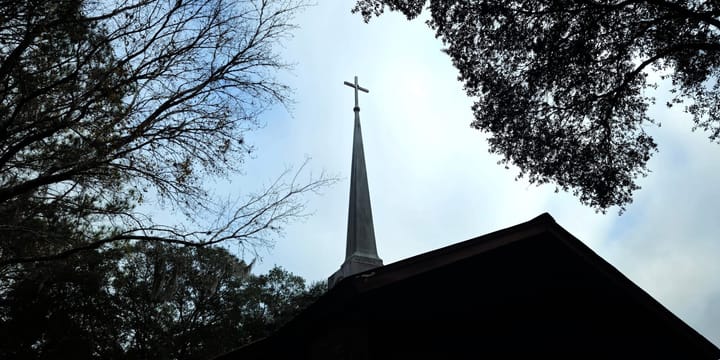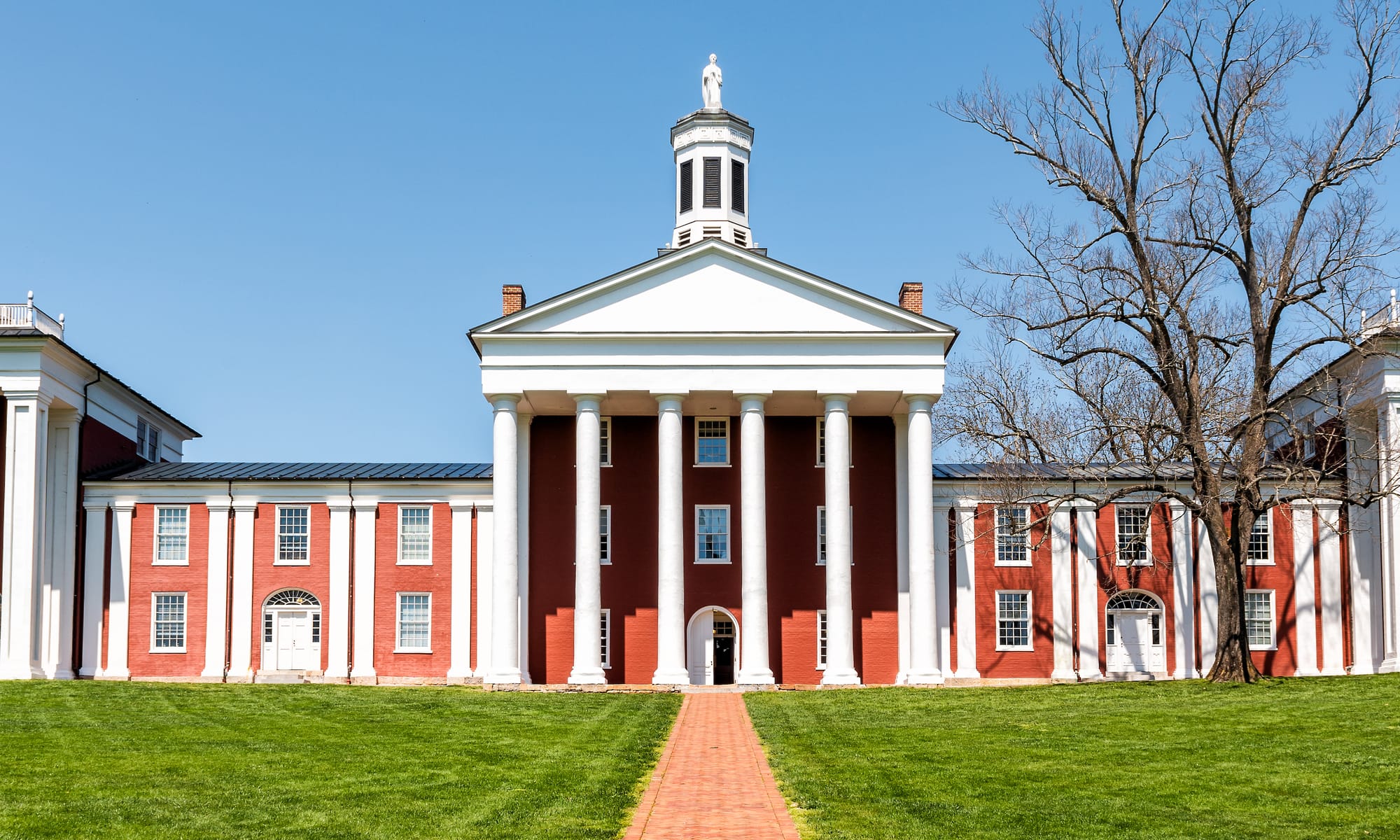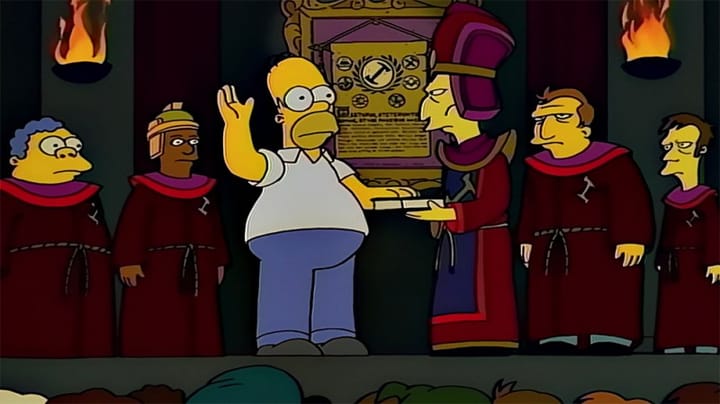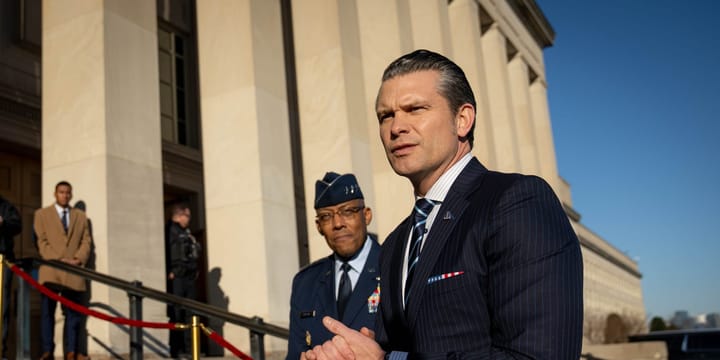A theocratic movement takes root in D.C.
Idaho again, this time with Christian theocratic nationalism.

What follows is a summary of this excellent article at talkingpointsmemo.com (well worth a follow by the way) by Josh Kovensky: Fire, Brimstone, and Hegseth: Idaho Christian Nationalists Establish a DC Beachhead. Read the whole thing. It's scary as hell, given how they view diversity in all of its aspects.
Beachhead Established
This past Sunday, a new church, Christ Kirk Washington, opened its doors within sight of the U.S. Capitol. Among the congregants sat Defense Secretary Pete Hegseth. As a branch of the Moscow, Idaho-based Christ Kirk, it represents something more ambitious than your typical church. It's part of a growing movement to reshape American politics through hardline Christian nationalism.
The Moscow Mood
Led by Reformed Christian minister Doug Wilson, Christ Kirk is part of the Communion of Reformed Evangelical Churches (CREC), an international network that has built what some describe as a "theocratic empire" in Moscow, Idaho. Despite its remote location, the church has gained significant influence among right-wing circles through sermons, publishing, and what followers call the "Moscow Mood"—a postmillennialist belief that Christians should aggressively fight to dominate culture and use government to enact religious policy.
Pastor Jared Longshore, delivering the inaugural sermon, didn't mince words about the church's vision:
In a later interview, Longshore explained that he wants a Christian government where all officials must "acknowledge that Christ is Lord" and "execute the wrath of God against the wrongdoer."
We all know whom he is talking about. Anyone that isn't a white evangelical. And where does this leave women? Do the math.
A Network of Influence
The Sunday service read like a who's who of New Right politics. Beyond Hegseth, attendees included Nick Solheim, Chief Operations Officer of American Moment—a JD Vance-backed organization that helps recruit right-wing staffers for the Trump administration. The service took place in a building owned by a firm linked to the Conservative Partnership Institute, Mark Meadows' organization that develops MAGA operatives.
The church's political agenda is explicit. A pamphlet distributed at the service noted that members' "voting practices will generally follow a conservative/libertarian pattern," and when they don't vote, "it is generally because the available options don't go far enough." The document mockingly noted that cars with "COEXIST" bumper stickers would be "pretty lonely" in their parking lot.
So, goodbye First Amendment.
Beyond Politics: A Lifestyle Movement
Christ Kirk's influence extends beyond electoral politics into cultural transformation. The congregation embodied what critics call "trad" aesthetics—men in suspenders and blazers, women in long dresses, large families—representing their vision of patriarchal, traditional America. Their agenda includes banning homosexuality, ending abortion, removing women from combat roles, and establishing more patriarchal family structures.
In other words, keeping women in their places.
The Big Picture
The D.C. church represents a strategic expansion for a movement that sees itself fighting a "rear-guard action" against secular America. Despite evidence of Christian right influence—from overturning Roe to a conservative Supreme Court majority—these believers view themselves as besieged underdogs seeking to reclaim a "Christian America."
As Longshore put it during his sermon: "We understand that worship is warfare. We mean that." With allies in the highest levels of government, Christ Kirk's Washington branch signals an ambitious attempt to transform that rhetoric into policy reality.
Non in cautus futuri.



